About Psychotherapy
What is it?
Psychotherapy (talking-therapy) refers to the use of psychological, talk-based, methods to help people experience relief from stress, personal growth, and/or treatment and management of specific mental health conditions.
Dozens of schools or ‘approaches’ to psychotherapy exist. Common approaches include Cognitive Behaviour Therapy (CBT), Acceptance and Commitment Therapy (ACT), and Dialectical Behaviour Therapy (DBT). Psychotherapy has been a mainstream, front-line treatment for mental health issues since it was formalised in the late 1800s.
What’s involved?
Standard psychotherapy involves meeting with your therapist, once a week, for about 50 minutes. Depending on your circumstances, you might attend twice a week, or even fortnightly, or monthly. The frequency of sessions can be very important in influencing whether you achieve the goals you set yourself.
During sessions your job is to allow yourself to speak your mind, openly and honestly, about the issues that brought you to therapy. This can be very uncomfortable to begin with, but being honest is critical to working through issues and making change. Remember – therapy sessions are confidential – with few exceptions.
It’s the therapist’s job to listen carefully to you and share their observations and suggestions about why you’re having the difficulties that you have. Sometimes the therapist might give explicit advice or teach you a technique to calm yourself, but for the most part the therapist listens and helps you to make sense of your issues.
How does it help?
Each school of psychotherapy has a different explanation for why their techniques help people. For example, Cognitive Behaviour Therapy (CBT) proposes that mental health issues develop because of faulty thinking patterns and unhelpful behaviours (think anxiety driving us to avoid certain things). The solution is to find and change those thinking patterns and behaviours into more helpful ones.
Braden’s primary method is psychodynamic psychotherapy. This method proposes that our early childhood experiences are extremely influential in how we see ourselves and interact with others. As we grow up, many of these experiences and feelings are unconscious (outside of our awareness), yet they can still influence our reactions. The goal of this therapy is to develop insight into yourself, so you can make more helpful (and less reactive) decisions in life.
What if it doesn’t seem to be working?
Psychotherapy is hard work, and sometimes it can be difficult to see the changes you’re working towards. The good thing is - most difficulties in therapy can be worked through by bringing them up directly with your therapist. It can also be helpful to speak with friends, family, and your General Practitioner (GP) if you’re unsure.

Dr Braden Dunn
PhD M.Psych (Clin) B.Psych (Hons) MAPS FCCLP
Clinical Psychologist

